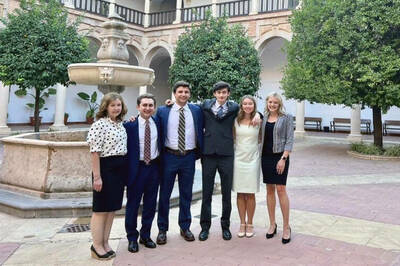After many years with the same ‘look’, Lexis Library has updated its interface to a new and more streamlined version – Lexis+ UK. From Thursday 15th September, when you go onto Lexis, this new platform will be ‘live’ and the old version will no longer be available.
Like with most new platforms, the best way to learn is to go on and have a look around. However to help with the basics, we have put a few pointers below. We have also produced a 15 minute video to go through things in more detail for those that prefer to see it demonstrated rather than static screen shots. It can be found on the Law Bod 4 Students Canvas page, under Panopto Recordings here https://canvas.ox.ac.uk/courses/169355 or if you cannot access that site then it is also on YouTube here https://youtu.be/dcqnJ7yLIZs (please note that we are still working on the closed captions
